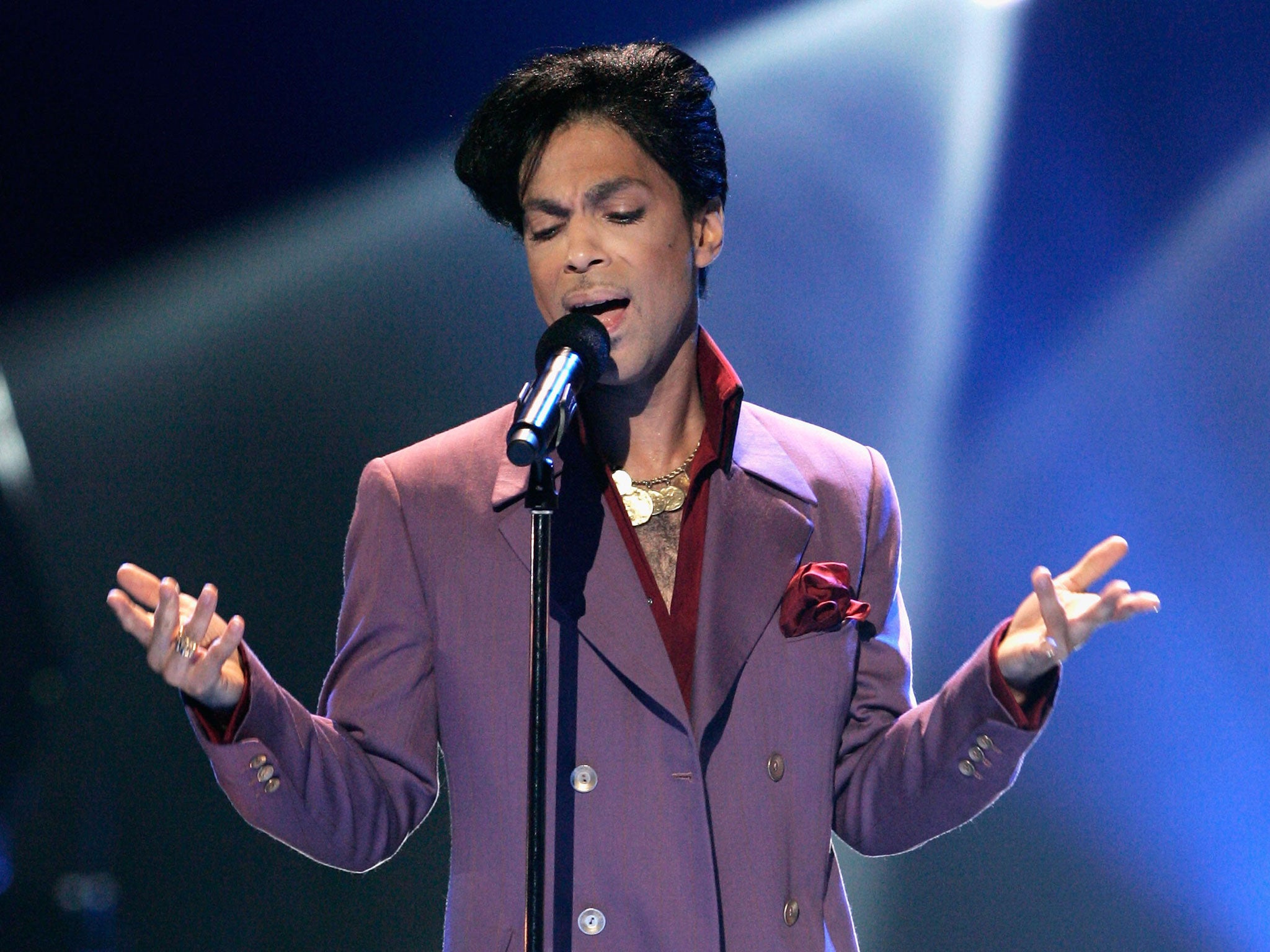
In 2002, Just Months After Losing His Beloved Mother Mattie Della Shaw Baker, Prince Walked Onto The Stage Carrying A Weight No Spotlight Could Hide. When He Began To Sing ‘Anna Stesia’ On His One Nite Alone… Tour, The Arena Shifted — The Song’s Raw Themes Of Loneliness And Spiritual Longing Suddenly Became A Grief-Stricken Prayer. Without Ever Saying Her Name, Every Note Was For Her. His Voice Trembled, His Eyes Closed, And Fans Later Said It Felt Less Like A Concert And More Like Prince Pouring Out His Soul To The Heavens. It Wasn’t Just Music — It Was A Son’s Tearful Goodbye To His Mother,
In 2002, Prince — one of the most enigmatic and emotionally layered artists in modern music — was navigating one of the most difficult chapters of his life. On February 15 that year, his mother, Mattie Della Shaw Baker, passed away at the age of 68 after a long illness. A former singer and social worker, Mattie had been a guiding presence throughout Prince’s life. Her death came just months after the loss of his father in 2001, leaving him to grapple with grief on an unprecedented scale.
That sorrow found a deeply personal outlet on stage during his One Nite Alone… Tour. In Chicago, mere weeks after her passing, Prince performed “Anna Stesia” — a spiritually charged track from his 1988 Lovesexy album — in what many believe was an unspoken dedication to his mother.

Prince’s relationship with his mother was central to his upbringing, a constant anchor even as he transformed into a global superstar. In public, he was the consummate showman — mysterious, flamboyant, in control. But Mattie’s passing peeled back the layers, exposing an artist in mourning.
Her death was compounded by the recent loss of his father, John L. Nelson, intensifying his search for solace and meaning. For Prince, music had always been more than entertainment; it was a sanctuary, a mirror, and a means to process life’s most profound moments.
When the One Nite Alone… Tour stopped at The Chicago Theatre on March 2 and 3, 2002, the shows carried a raw and intimate energy. The setlist mixed fan favorites with deep cuts and fresh material, but it was “Anna Stesia” that became the night’s emotional heartbeat.

The song — meditative, searching, and rooted in spiritual yearning — explores themes of loneliness, redemption, and the longing for a higher connection. For an artist mourning his mother, it was a natural vessel for unspoken grief. While Prince did not explicitly announce the song as a tribute, the timing, tone, and intensity of the performance spoke volumes.
Throughout his career, Prince often wove his private emotions into public performances, leaving fans to feel rather than be told. In this instance, “Anna Stesia” served as a quiet dedication, a moment where the distance between superstar and audience dissolved.
Later that year, the live album One Nite Alone… Live! featured an extended, 13-minute version of the song from the tour. No dedication is mentioned in the recording, yet its placement and power underscore its emotional weight during this period of his life.
“Anna Stesia” has long been regarded as one of Prince’s most spiritually charged works — a moment of confrontation and communion between man and the divine. In the context of 2002, it became something more: a grieving son’s open channel to his mother, to his faith, and to himself.
The Chicago performance remains a testament to how Prince used music not just to entertain, but to heal. Beneath the spectacle, it was a moment of pure human vulnerability — a reminder that even the most untouchable artists are, in the end, sons and daughters carrying the weight of love and loss.
